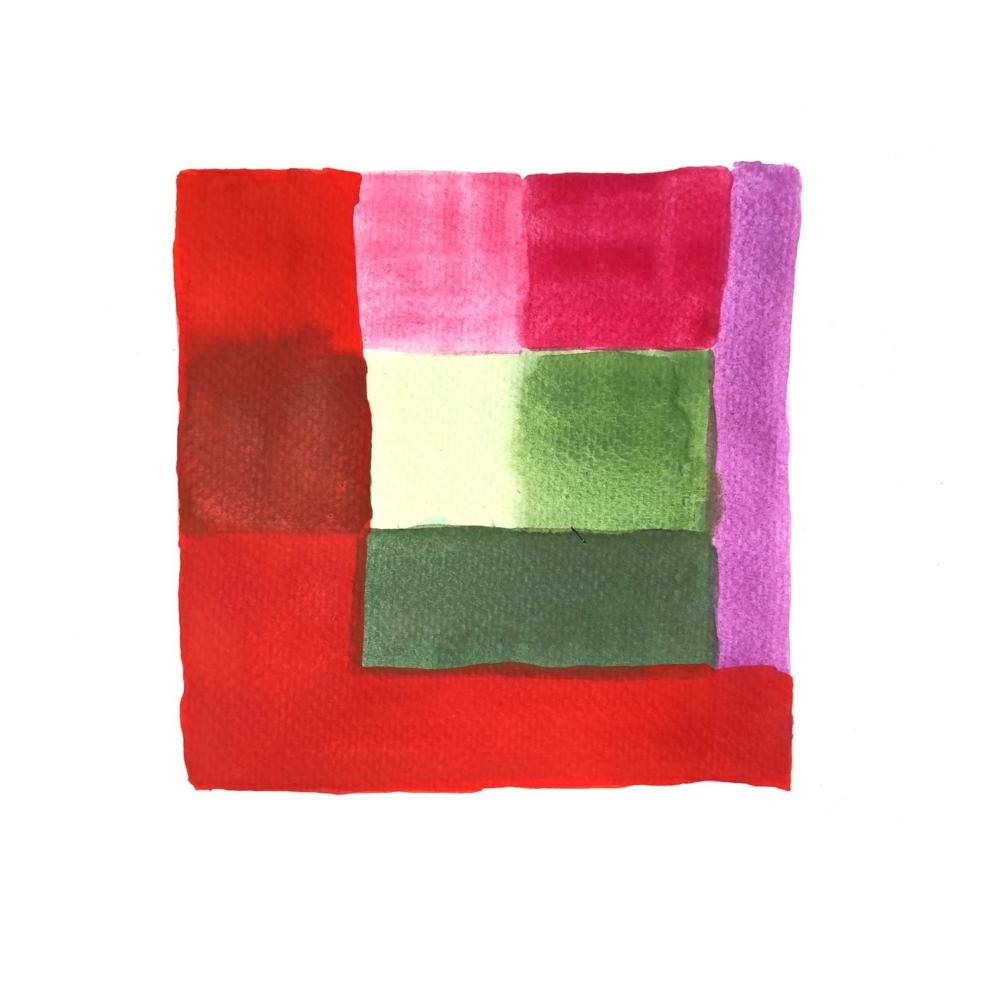Play Requires Truth
Communities need playful encounters – not as a luxury but for their inner health. In play, we open up and make ourselves vulnerable and accessible. This creates an authenticity that frees us from burdensome legacies or expectations, hierarchies, and projections. This is how you bring relationships into the present. Sonja Zausch talks about her collaborative work with people with and without assistance needs and about her own learning process. Questions asked by Franka Henn.
Your path began with an apprenticeship as a baker, then as a stage dancer, and later as a eurythmist. This opened up the field of curative education and even the whole social realm. Who has inspired you in your life?
The first person I can think of is a colleague from the Camphill movement, whom I only met when I was 34 and started working in curative education. Through him, I felt that I really wanted to go deeper with anthroposophy and not be deterred by what occasionally irritates me about it. In the past, I often had the feeling: Oh, I have to know a lot to play along. But he gave me the attitude: You are in the right place wherever you are. Trust that there’s a reason you’re there.
Nevertheless, I still ask myself, again and again: Am I right or wrong? But from the bottom of my heart, I can always say: Yes, I can have a say because I’m here now. The same goes for dancing. I danced and danced and danced and danced, and I never had the plan to become a dancer. Pina Bausch from the Wuppertal Dance Theatre was a great role model for me – there, I simply experienced honesty with the topics from life. Everything is out in the open: pain, joy, sorrow, blood, death, love, and sex.
Is that an important motive for you? That we ‹get completely through›, together with life, the lifeblood, that we really speak out and do not hold back or ‹wisely› dampen ourselves?
Yes, I have a big concern for authenticity and the feeling of staying close to myself. Alienation is a big issue for me. Maybe that’s why I ended up in this work with people who need assistance. What does it mean to be able to show myself authentically, or to experience myself as alienated? That happens to me quite often. Then I’m in my head and have something in mind. Then I walk around and lose contact with this inner, original impulse and am underway with an opinion or defense. In the beginning, I had such a nice picture of what it was all about. Then I have to row back in the brain to return to my heart.
This excerpt comes from an article originally published in the (online exclusive) English Edition of the weekly Newsletter ‹Das Goetheanum›. You can read the full article on the website of 'Das Goetheanum'.


